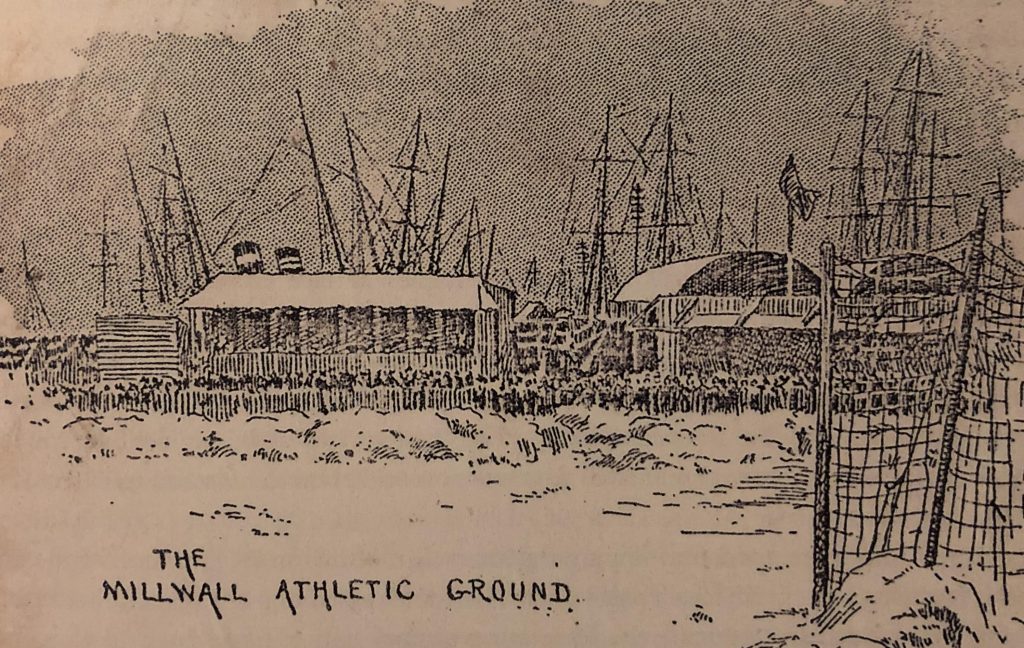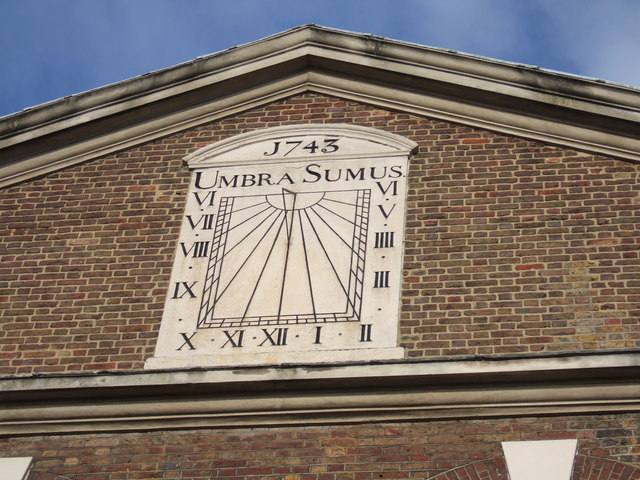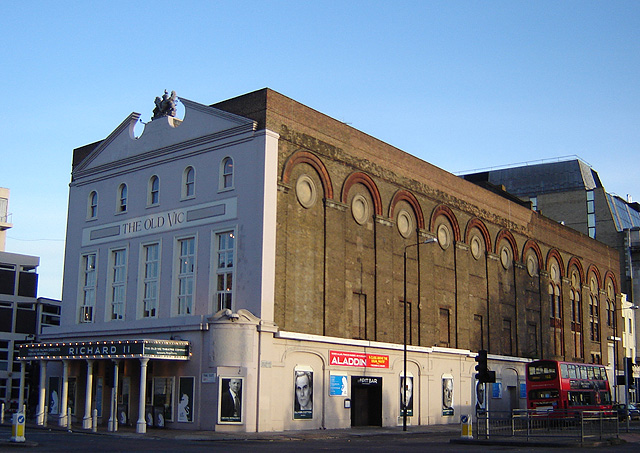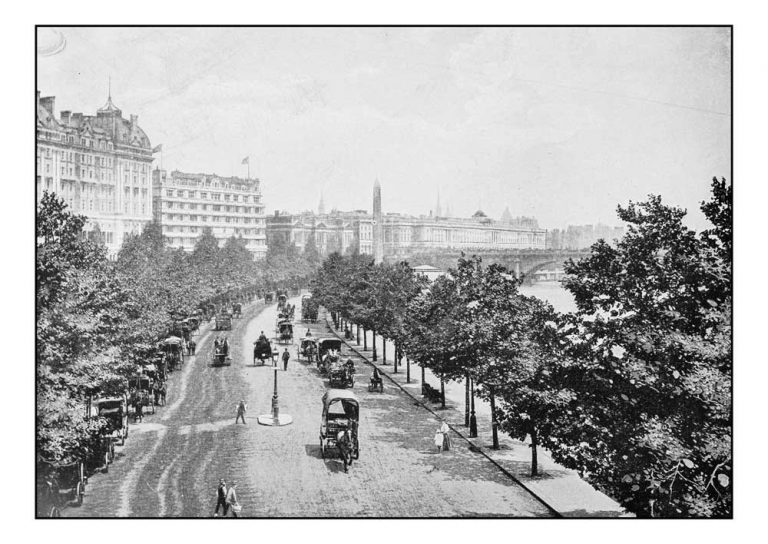“Don’t advise players how to play or what to do. The players engaged by the Directors will doubtless have had some previous experience. Don’t give advice to the Referee. He has to give his decision quickly, and like the rest of us, makes mistakes. Don’t ridicule a player, either friend or foe. He is doubtless trying his best to do right. Don’t swear or use bad language of any description in the hearing of others. It is not nice for ladies to hear!”
It’s hard to believe in these days of World Cup qualifying football fever, but these quaint rules of crowd behaviour were aimed at the fans of Millwall Football Club in south-east London back in 1919 – and they probably followed them to the letter. How the average modern supporter would react to them today is not difficult to guess!
Fast forward several decades, and the headlines were all about football hooliganism and their fans’ defiant chant at the opposition of: “nobody likes us, we don’t care!”
But football back in the early years of the last century reflected the respectful age it was played in with everyone knowing his place in society and sticking rigidly to it.
In 1885, playing the game and being a jolly good sport was probably very much on the minds of the group of workers in a jam and marmalade factory who let off steam after work by having a kickabout. As time went on, they got better, and with the help of local businessmen, they eventually formed their own football club.
The factory was located on the Isle of Dogs, and the club they founded was christened Millwall after the area, which once had windmills next to a dock wall.
Many of the team members were Scotsmen who had migrated south to find work and had landed up working on the factory floor. So it wasn’t surprising that the colours they chose for their team were the same blue and white of their beloved country.
Bizarrely, the club’s inauguration was marked not by a footballing contest, but by a cricket match between the Gentlemen and Traders of Millwall, with many members of both teams wearing bowler hats during play!
Eventually, the newly-formed club found its first-ever home near the factory of its founders, a piece of wasteland used as an unofficial rubbish dump.
In the following years, the club moved to other sites on the Isle of Dogs and to North Greenwich before settling in its present location in south Bermondsey, not too far from its beginnings. Somewhere along its early historical journey, it briefly became Millwall Athletic before supporters dropped its nickname of The Dockers – a nod to the tough men working near the original factory handling the goods from the Thames ships.
Instead, they gave the team the new nickname of the Lions and later on christened the ground the Den. They also developed the famous Lions roar, which so intimidated visiting teams that former England footballer Gary Lineker once wryly remarked that when he appeared there for his visiting club team, perhaps it wasn’t a good idea to score a goal!
As Millwall’s history progressed, so did its fortunes, with controversy dogging it all the way. In an early display of back door professionalism, football bosses lured key players to the club from the north by promising them local jobs and got foremen to spirit them onto the payroll without bosses being any the wiser!
There was even a forerunner of what’s happened with other clubs in the modern game. Millwall formed itself into a limited company back in 1894 and started dishing out shares, albeit private ones.
After the First World War outbreak, patriotic fervour reached such a fever pitch that the press refused to cover games because not enough supporters had joined up, apparently ignoring adverts urging them to “let the Enemy hear the Lions roar!”
And the club has the dubious honour of being at the centre of an early “bung” allegation against a First World War team manager. He invented wage payments to non-existent workers to raise enough cash to pay a star player a bonus. Only the amount at stake this time was one pound!




